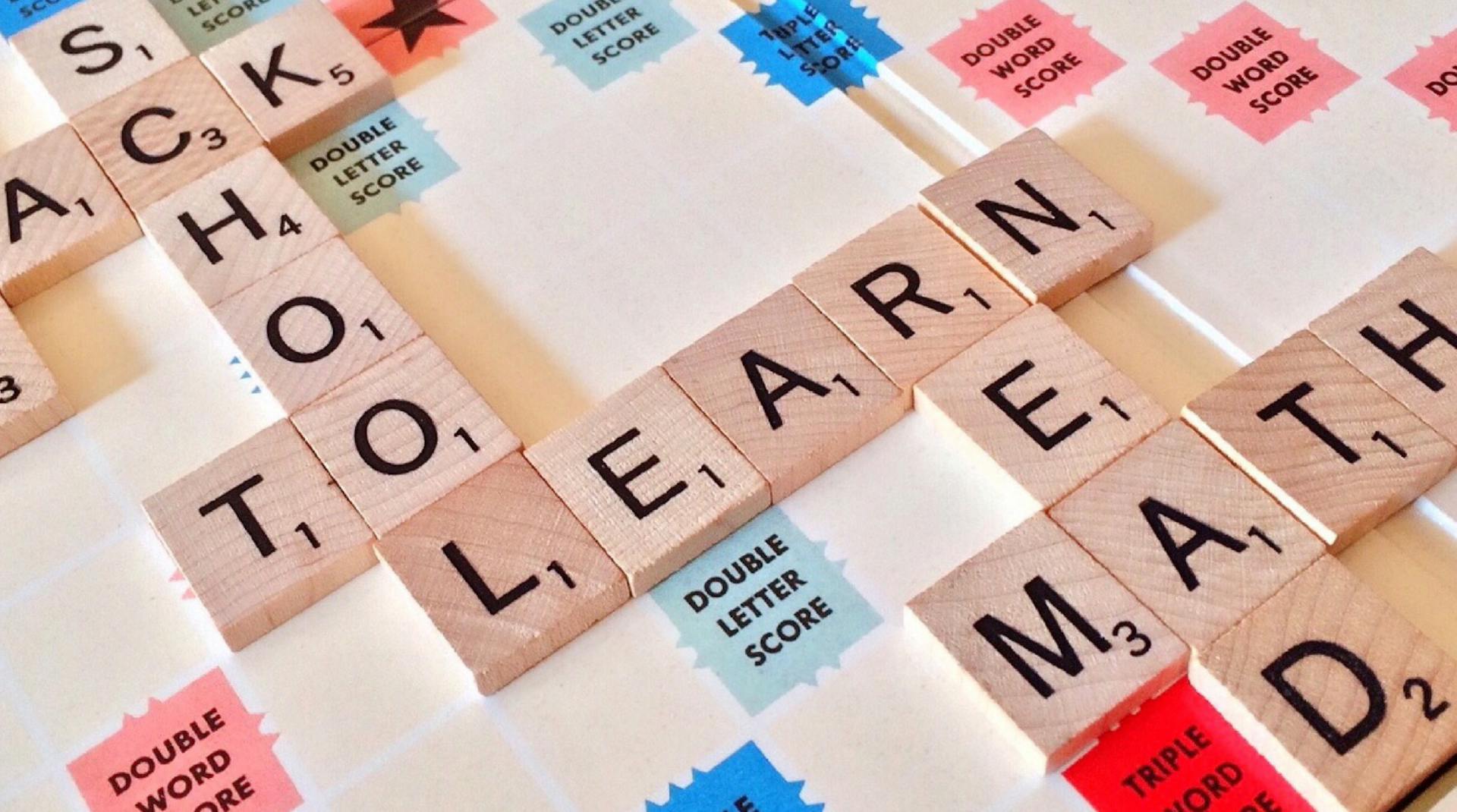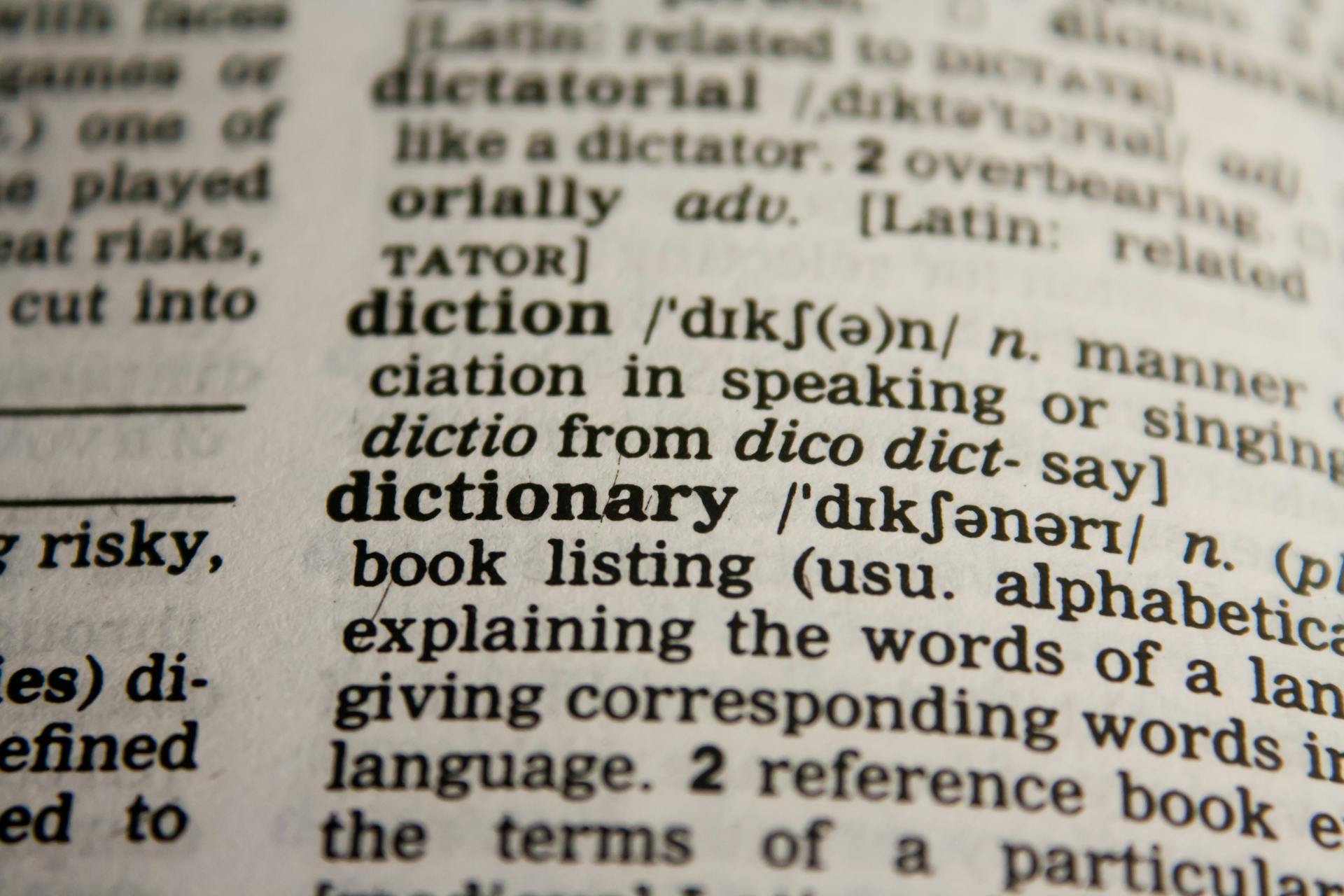
Are you struggling to learn English grammar? You're not alone! Many people find learning English grammar to be challenging, but with the right tools, it can be an enjoyable and rewarding experience. That's where educational songs come in! Thanks to YouTube today, you can learn basic grammar concepts parts while listening to catchy tunes that will make it easier for you to remember English grammar.
There are many helpful English learning songs out there written specifically to help people learn English grammar rules. These songs cover a wide range of topics from verb tenses and prepositions to adjectives and pronouns. By listening to these songs, you'll improve your language skills while having fun at the same time.
In this article, we'll introduce you to 11 catchy and helpful English learning songs that will help you learn English grammar in no time. These songs have been selected based on their ability to simplify complex grammar rules and make them easy to understand. So, whether you're a beginner or an advanced learner, these songs will help you master English grammar in no time!
Basic Grammar Concepts: Parts of Speech

When starting to learn English grammar, it's important to start expanding your grammar knowledge by understanding the traditional parts of speech. Sentences are made up of nouns, pronouns, verbs, adjectives, adverbs, prepositions, and interjections. Each distinct role has a basic definition that will be explored in future grammar lessons.
Nouns are people, places, things, or abstract concepts. Common nouns are a general term for people, places, and things while proper nouns are unique and specific people, places, or things. For example, "woman", "car", "city", and "mountain" are all ideas of common nouns while "Alice", "Ford Edsel", "Beijing", and "Denali" are examples of proper nouns.
Pronouns are words that replace nouns in sentences. Verbs express actions and typically have a main noun that they relate to. Adjectives provide description and in sentences crucially identify or modify specific people places or things – for example “a beautiful sentence,” “a wonderful mother,” or “a restless dog.” Adverbs add description to person place or thing- adverbs provide information such as when the speaker carefully wrote something out before finally calling Mother. Prepositions connect words concepts parts of time today by expressing logical relationships between them- for example “my word document is saved under my name” The exclamation points can convey emotions - like oops!
Suggestion: English Relative Pronouns
Discovering the Different Elements Used in Sentences
Learning English grammar can be overwhelming, especially when you're not familiar with basic grammar concepts. One important concept to understand is parts of speech, which refers to the different types of words that make up sentences. These include nouns, verbs, adjectives, adverbs, and more. Nouns are speech-based words that represent people, places or things. Examples of these are -ance (insurance), -dom (freedom), -ence (persistence), -er (trainer), -or (editor), -ism (modernism), -ist (scientist), -ity (responsibility), -ness (happiness) and -ship (championship).
Verbs are action words that express a physical or mental action. Some common verbs include "walks" (-ed) as an example of past tense verb usage and "-ate" and "-ize" which can represent a specific action like "specialize". Adjectives describe nouns by modifying them in a certain way. Some examples of adjectives include "-able" (comfortable), "-al" (temporal), "-ible" (terrible), "-esque" (picturesque), "-ful" (beautiful), "-ic" (drastic), "-ish" (selfish), "-ive"(apprehensive), "-ous"(gorgeous),"less"(careless) and "-y"(creamy).
Adverbs modify verbs, adjectives or other adverbs by adding information about time, place, manner or degree. Adverbs end with "ly," such as "carefully." If you want to turn an adjective into an adverb, simply add "ly." For instance, the noun produces can become the adjective brotherly cowardly when adding another word to it. Understanding these elements will help improve your sentence structure and make your writing clearer and more effective.
Suggestion: Difficult Hard English Words
Exploring Further: Advancing From Basic Grammar
Once you have a grasp of surface grammar, it's time to dive deeper into the nitty-gritty aspects of English grammar. The pursuit of learning grammar is limitless, and it can make a great difference in your writing skills. By understanding advanced grammar concepts like sentence structure, verb tense, and punctuation rules, you can take your writing to the next level.
Learning about syntax and diction also makes great writing. These are essential tools that can help you convey your ideas with more clarity and precision. Mastering the technicalities of grammar can be challenging at first, but the lesson back is worth it in terms of improving your communication skills.
In conclusion, exploring further into English grammar opens up a world of possibilities for expressing yourself with confidence and clarity. The brightest ideas often require precise language to be effectively conveyed to others. So don't limit yourself by sticking to basic grammar rules; embrace the challenge of advancing your skills and see where it takes you.
Here's an interesting read: English Descriptive Writing
Frequently Asked Questions
What is grammarly and how does it work?
Grammarly is an online grammar checker tool that helps users improve their writing skills by identifying and correcting grammar, spelling, and punctuation errors. It uses advanced algorithms to analyze text and suggests corrections in real-time, making it a valuable tool for writers of all levels.
Can music help you learn English grammar?
Yes, music can help you learn English grammar by providing a fun and engaging way to practice language structures and rules. By listening to songs and analyzing their lyrics, learners can improve their understanding of grammar concepts such as verb tenses, sentence structure, and word order.
What is grammar and why is it important?
Grammar refers to the rules that govern how we use language in speaking and writing. It is important because it helps us communicate effectively with others, convey our ideas clearly, and avoid misunderstandings. A strong understanding of grammar can also improve our writing skills and make us more successful in academic and professional settings.
Are the songs from the show good for grammar?
The songs from the show can be a fun way to learn and practice grammar, as they often use correct grammar in their lyrics. However, it's important to remember that not all songs will be grammatically perfect, so it's best to use them as a supplement to more structured learning materials.
What are the best songs for learning English?
Some of the best songs for learning English are "Billie Jean" by Michael Jackson, "Bohemian Rhapsody" by Queen, and "Someone Like You" by Adele. These songs have clear and easy-to-understand lyrics that can help improve your vocabulary and pronunciation.
Featured Images: pexels.com


